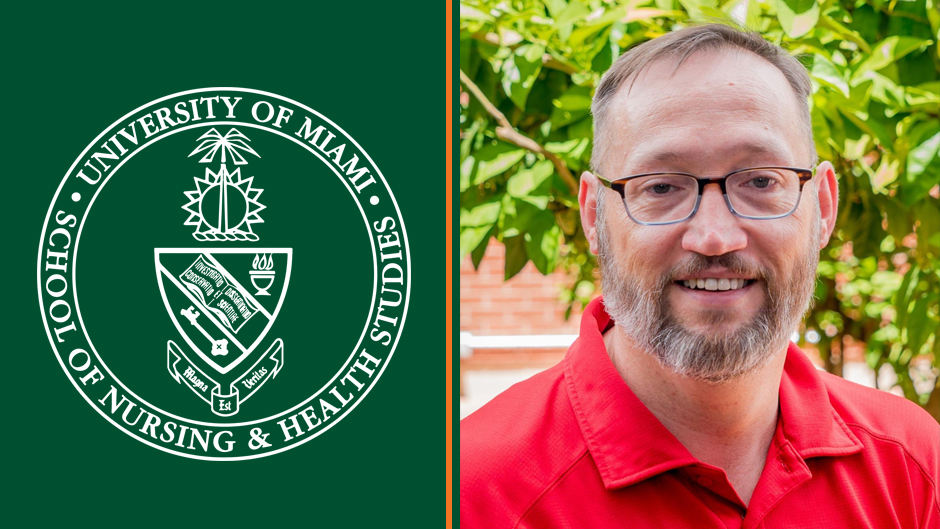
A former researcher at the University of Arizona who is now was until last week an associate dean at the University of Miami “engaged in research misconduct by intentionally, knowingly, or recklessly falsifying and/or fabricating data” in six federal grant applications, according to a new finding by the U.S. Office of Research Integrity (ORI).
Charles A. Downs’ work “focuses on acute lung injury and pulmonary diseases,” according to a 2018 press release from the University of Miami announcing his appointment. He “neither admits nor denies ORI’s findings of research misconduct,” the ORI announced today. The agency said that Downs
knowingly, intentionally, or recklessly falsified and/or fabricated histological images and bar graphs of fluorescent signal data for the production of reactive oxygen species (ROS) in rat lung tissue slices and isolated alveolar type-2 cells by reusing and relabeling previously published figures to represent results from different experiments in twelve (12) figures and related text included in six (6) grant applications.
Downs has been a principal investigator on five NIH grants totaling more than $1 million. One of those grants, which was originally for $1.6 million in 2018, was to study the “healing potential of curcumin for acute lung injury,” according to a University of Arizona press release.
He agreed to have any federally funded research he is involved in supervised for four years.
Neither Downs nor Cindy Munro, the dean of Miami’s School of Nursing and Health Sciences, immediately responded to a request for comment.
Update, 1600 UTC, 12/9/20: Munro forwarded our requests for comment to a university spokesperson, who responded today and let us know that Downs had resigned his post as dean on Friday, December 4. We have published a new post and have edited our headline and first sentence of this story to reflect that resignation, which Miami had not announced before we requested comment.
Like Retraction Watch? You can make a tax-deductible contribution to support our work, follow us on Twitter, like us on Facebook, add us to your RSS reader, or subscribe to our daily digest. If you find a retraction that’s not in our database, you can let us know here. For comments or feedback, email us at [email protected].
Lets see…a dean making well into 6 figures, pulling multiple RO1’s….and faking data multiple times in 6 grants…..getting “supervised” as a punishment ?
By who? The college president?
This is a guy who I would like supervise being caned repeatedly until he drops. And then the school should fire him.
Indeed. The “punishment” is not much of an impediment to getting back to the same approach after the 4 years are up.
Also, how many junior PIs (already underrepresented at NIH) were denied research grants (and potentially suffered major consequences to their career at the modern money-driven academic institution), while this guy was hauling in cash with fake figures? Disheartening.
I would be interested in statistics about what happens to people after receiving such a supervision verdict. Naively, I would expect them to do poorly with future grant applications. So, is this really such a light punishment or is it a disguised career killer?
See this post: http://retractionwatch.com/category/grant-steen/
From the paper: https://www.ncbi.nlm.nih.gov/pmc/articles/PMC4132287/
“Not surprisingly, the publication of an ORI report was correlated with a significant and sustained drop in funding. Interestingly, both the total and median funding appeared to decline even before the year of ORI report publication (Figure 3A,B). We hypothesize that this may be due to a decline in productivity and funding success during the time in which internal university investigations occur, prior to consultation by the ORI”.
So, the school gets stuck paying a cheating faculty, now deadwood, 6 figs a year. Think of how the money could be used to pay honest grad students and post docs to do reproducible research and maybe even start a family.
And don’t give me this “he can teach crap”. I’m a permadoc and I teach full semester classes at $4K a piece. And I do a good job of it too.
At the very least such a person should not continue as Associate Dean for Research. This should also be grounds for revocation of tenure. What type of an example is this setting? Very disappointing.